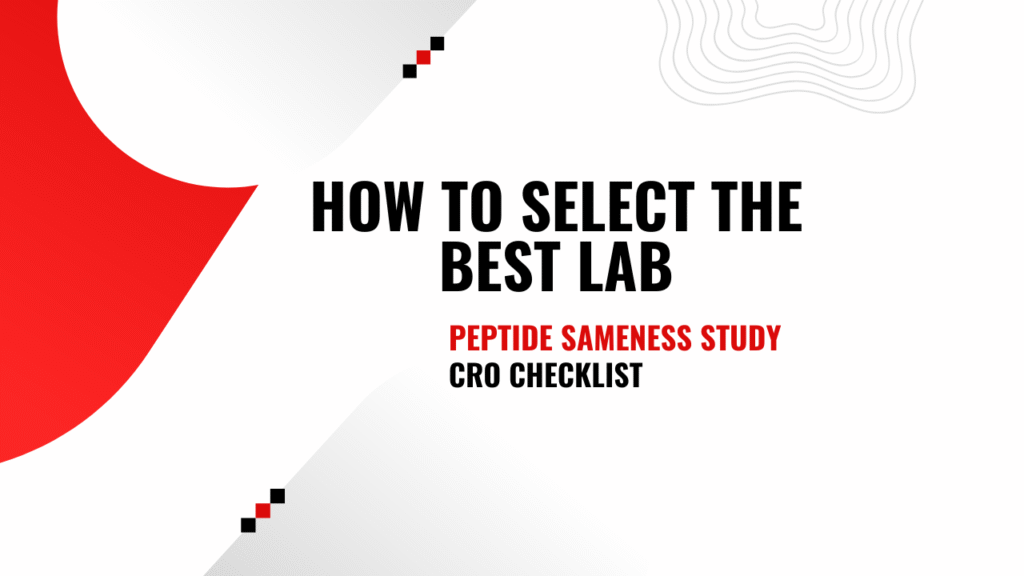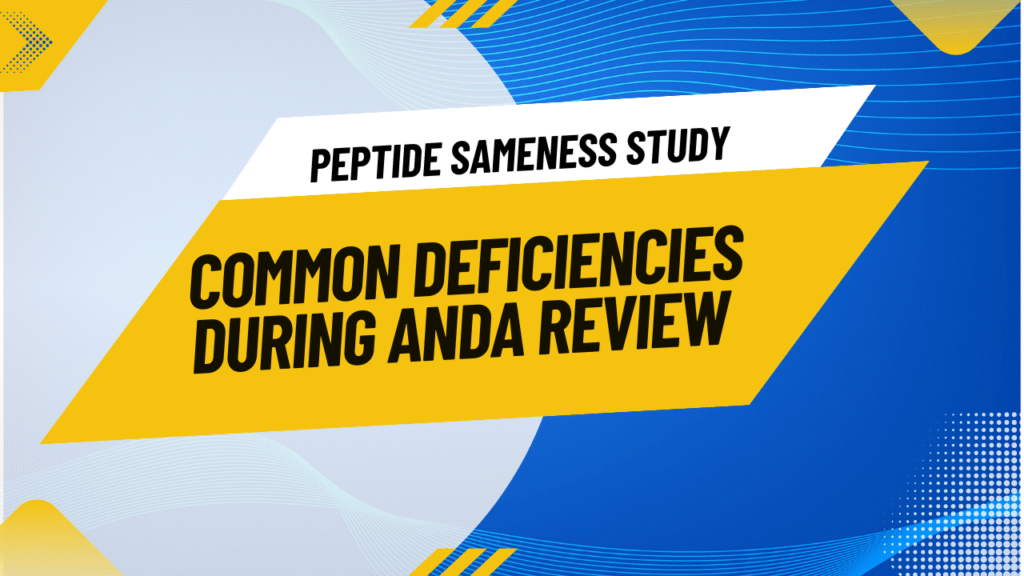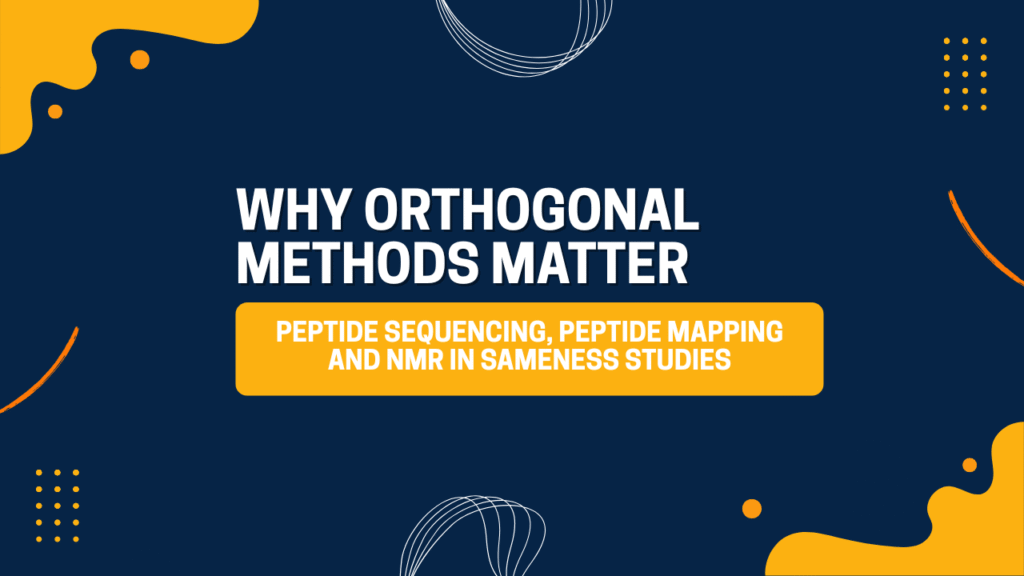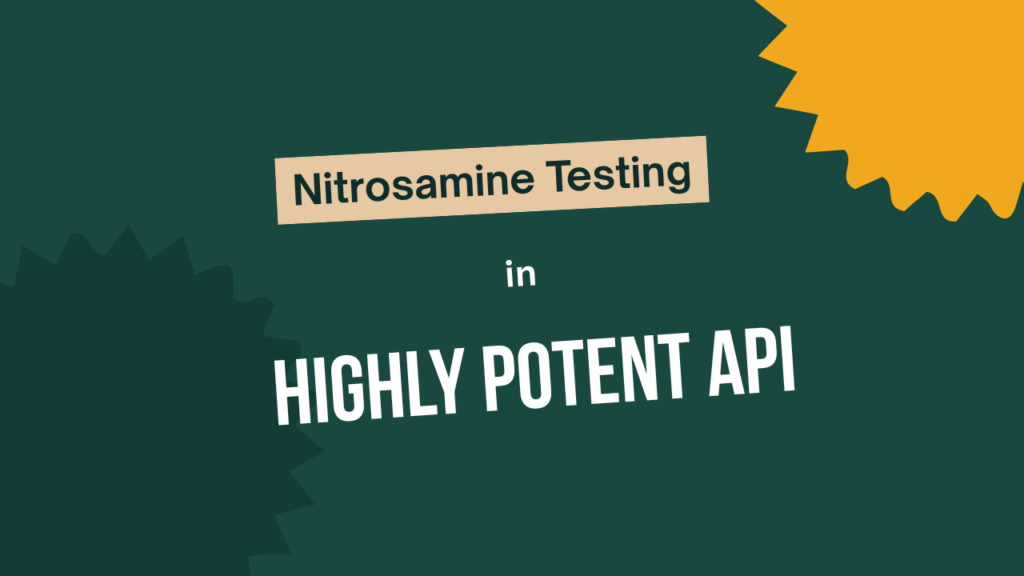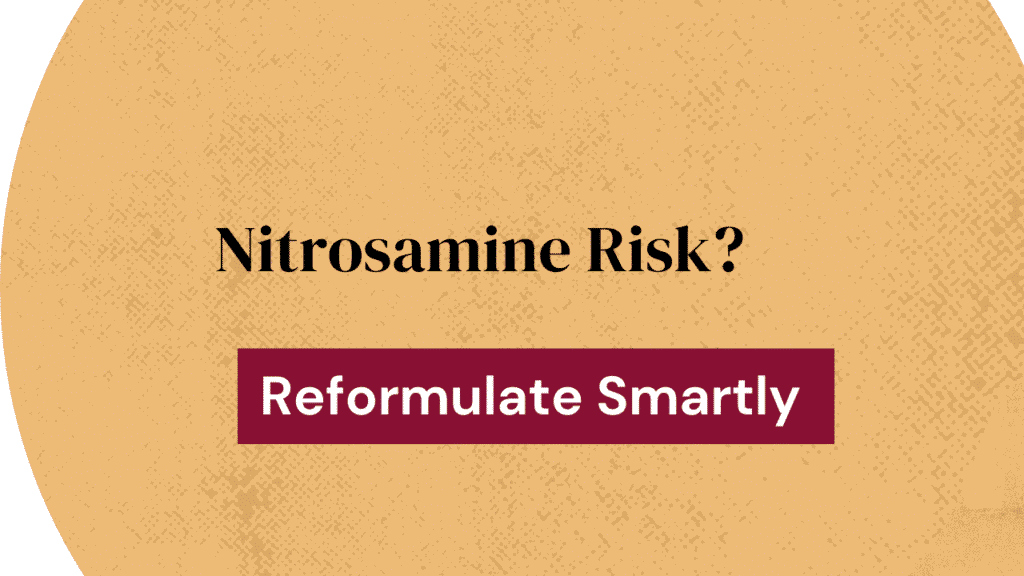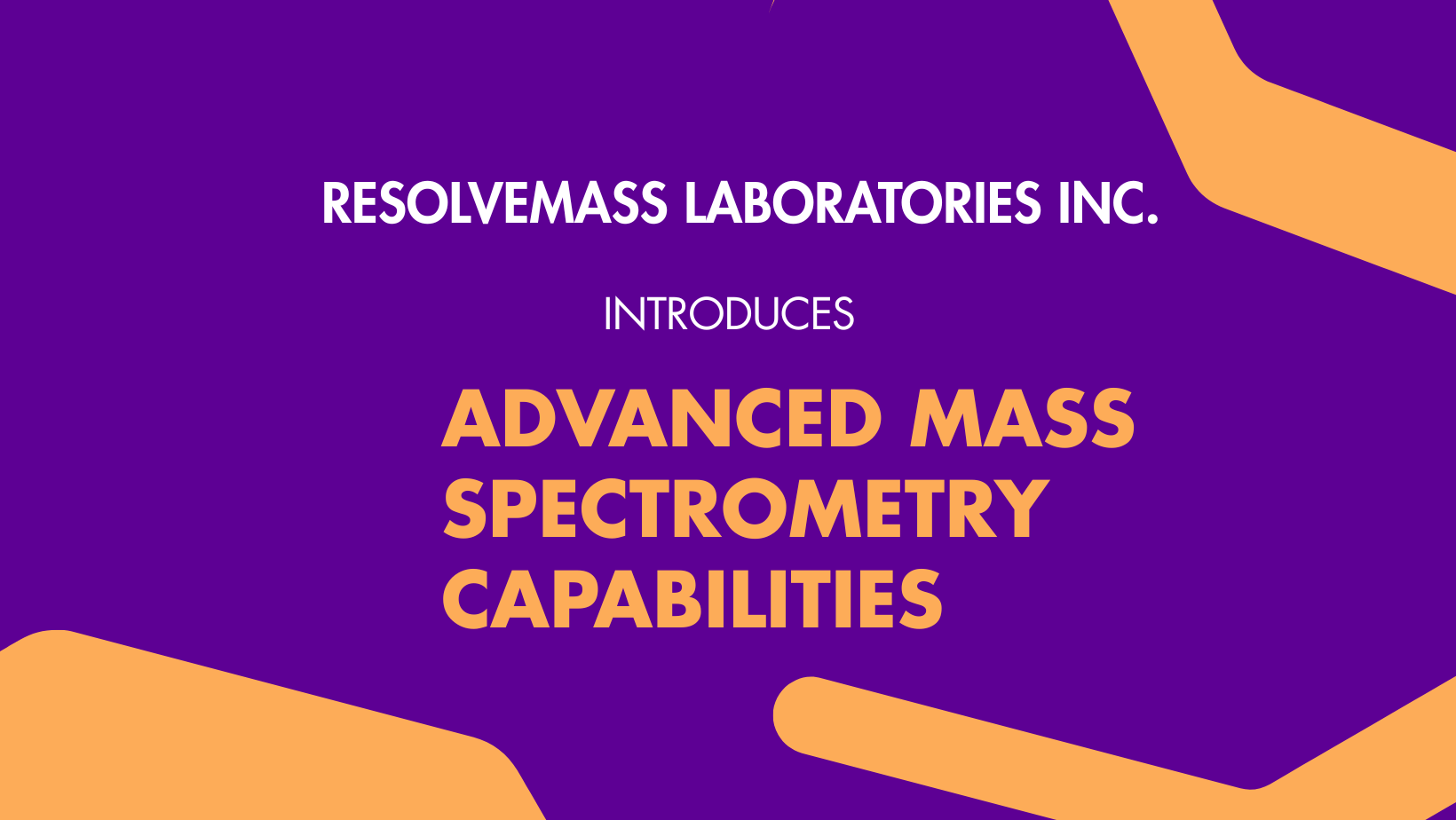
Liquid Chromatography with Tandem Mass Spectrometry (LC-MS/MS) has become a transformative tool in drug discovery and pharmaceutical analysis. Its precision, sensitivity, and flexibility make it essential for identifying and quantifying small molecules, peptides, proteins, and impurities. For pharmaceutical companies and biotech innovators in Canada and the United States, choosing a reliable LC-MS/MS Method Development Service is pivotal for regulatory compliance and faster market entry.
This comprehensive guide from ResolveMass Laboratories Inc., a premier contract research organization, explores how LC-MS/MS supports drug development, regulatory expectations, service requirements, and the evolving analytical landscape in North America.
The Role of LC-MS/MS in Drug Discovery
LC-MS/MS combines the separation power of liquid chromatography with the high sensitivity and selectivity of tandem mass spectrometry. This hybrid technique enables scientists to:
- Detect and quantify compounds in complex matrices
- Identify metabolites and impurities
- Confirm structural identity of synthetic molecules
- Support pharmacokinetic (PK) and pharmacodynamic (PD) studies
In the context of drug discovery, LC-MS/MS helps:
- Early-Stage Screening: Identifying potential drug candidates with high-throughput capabilities
- Lead Optimization: Evaluating ADME (Absorption, Distribution, Metabolism, and Excretion) properties
- Preclinical Development: Supporting toxicology studies through biomarker quantification
- Clinical Phases: Enabling bioanalysis in human samples under strict regulatory compliance
These stages benefit from LC-MS/MS’s ability to handle trace-level detection with speed and reproducibility.
Why Choose a Specialized LC-MS/MS Method Development Service?
1. Custom Method Development
Every drug candidate is unique. Method development services tailor analytical protocols based on molecular characteristics, sample type, regulatory requirements (e.g., FDA, Health Canada), and sensitivity needs.
2. Regulatory Alignment
In both Canada and the U.S., LC-MS/MS services must align with Good Laboratory Practices (GLP), Good Manufacturing Practices (GMP), and bioanalytical method validation guidelines set by agencies such as the FDA and Health Canada.
3. Speed and Scalability
ResolveMass Laboratories utilizes automation and standardized workflows to accelerate turnaround while maintaining accuracy, supporting biotech and pharma companies with time-sensitive submissions.
4. Versatility in Analyte Types
Services must adapt methods to suit:
- Small molecule drugs
- Peptides and proteins
- Oligonucleotides
- Lipids and metabolites
This diversity underscores the importance of expertise and advanced instrumentation.
LC-MS/MS Method Development Workflow
- Project Scoping – Understanding client objectives, regulatory endpoints, and molecule complexity.
- Preliminary Method Design – Selecting ionization modes, mobile phases, columns, and mass transitions.
- Optimization Phase – Refining retention times, signal intensities, and recovery rates.
- Method Validation – Ensuring compliance with FDA/Health Canada guidelines for:
- Accuracy
- Precision
- Sensitivity (LOD/LOQ)
- Stability
- Selectivity
- Transfer & Application – Transferring to production or bioanalytical support.
ResolveMass Laboratories applies this cycle using LC-MS/MS platforms like triple quadrupole, Q-TOF, and orbitrap for comprehensive coverage.
Applications of LC-MS/MS in Impurity Profiling
Impurity profiling is essential to ensure drug safety and efficacy. LC-MS/MS enables:
- Detection of process-related impurities
- Identification of degradation products under stress testing
- Profiling of genotoxic impurities
As noted in AAPS Journal, 2019, LC-MS/MS offers unparalleled selectivity and sensitivity in impurity detection and identification, aiding regulatory submissions and drug approvals.
Canada vs. U.S.: Regulatory Landscape for LC-MS/MS
| Aspect | Canada (Health Canada) | United States (FDA) |
|---|---|---|
| Method Validation | ICH M10 Bioanalytical Guideline | FDA Bioanalytical Method Validation Guidance (2020) |
| Compliance | GLP/GMP | GLP/GMP |
| Inspections | Targeted reviews + onsite visits | Frequent, detailed inspections |
Both agencies require meticulous documentation, traceability, and adherence to validation parameters. Partnering with a lab experienced in cross-border compliance like ResolveMass ensures submission success.
Why ResolveMass Laboratories Inc.?
As a trusted analytical CRO, ResolveMass Laboratories offers:
- GLP/GMP-compliant LC-MS/MS facilities
- Expertise in method development and validation for pharma, biotech, and generics
- Cross-functional teams in Montreal, Canada, and partnerships across the U.S.
- Services covering small molecules, peptides, biologics, and lipids
- Fast turnaround with stringent QA/QC checkpoints
Whether your project requires custom method development, impurity profiling, or bioanalytical support, ResolveMass ensures FDA and Health Canada alignment.
Emerging Trends in LC-MS/MS Services
- High-Resolution Mass Spectrometry (HRMS): For complex metabolomics and proteomics applications
- Microflow LC-MS/MS: Reduces solvent use and improves ionization efficiency
- Data Automation & AI: Enhances data processing, method optimization, and interpretation
- Integration with LIMS: Facilitates real-time data tracking and report generation
These trends shape the future of precision bioanalysis and increase demand for agile service providers.
Case Study: Accelerating Drug Candidate to IND in 90 Days
A U.S.-based biotech firm developing a peptide therapeutic partnered with ResolveMass. Through:
- Rapid method development
- Validated impurity profiling
- Bioanalytical support across three preclinical studies
ResolveMass enabled the client to submit an Investigational New Drug (IND) application within 90 days, surpassing internal timelines by 30%.
REFERENCES
- Lee MS. LC/MS applications in drug development. John Wiley & Sons; 2003 Jul 18.
- Lee MS, Kerns EH. LC/MS applications in drug development. Mass spectrometry reviews. 1999;18(3‐4):187-279.
- Xu X, Lan J, Korfmacher WA. Rapid LC/MS/MS method development for drug discovery.
- Espada A, Molina-Martin M, Dage J, Kuo MS. Application of LC/MS and related techniques to high-throughput drug discovery. Drug Discovery Today. 2008 May 1;13(9-10):417-23.
LC-MS/MS offers higher sensitivity and selectivity, ideal for trace-level impurity detection and structural identification.
Yes. ResolveMass follows FDA Bioanalytical Method Validation (2020) and ICH M10 guidelines for Health Canada.
We support small molecules, peptides, proteins, lipids, oligonucleotides, and more.
Absolutely. We validate and support technology transfer as part of end-to-end service delivery.
CRO Checklist: How to Select the Best Lab for Peptide Sameness Study
Introduction: Choosing the Best CRO for Peptide Sameness Study is one of the most critical…
Common Deficiencies in Peptide Sameness Study During ANDA Review
Introduction: Peptide Sameness Study Deficiencies are a leading cause of regulatory delays during ANDA review…
Peptide Sequencing, Peptide Mapping and NMR in Sameness Studies: Why Orthogonal Methods Matter
Introduction: Peptide Sequencing and Mapping for Sameness Study is the foundation for demonstrating structural identity…
Regulatory Requirements for Peptide Sameness Study (FDA & Health Canada)
Introduction: FDA Peptide Sameness Study Requirements define the scientific and regulatory framework needed to demonstrate…
Nitrosamine Testing in Controlled Substances and Highly Potent APIs (HPAPIs)
Introduction: Why Nitrosamine Testing Highly Potent APIs Requires Specialized Expertise Nitrosamine Testing Highly Potent APIs…
Case Study: Reformulation Strategy to Eliminate Nitrosamine Risk Without Changing Bioequivalence
Introduction: Applying a Nitrosamine Reformulation Strategy Without Compromising Bioequivalence A structured Nitrosamine Reformulation Strategy can…
